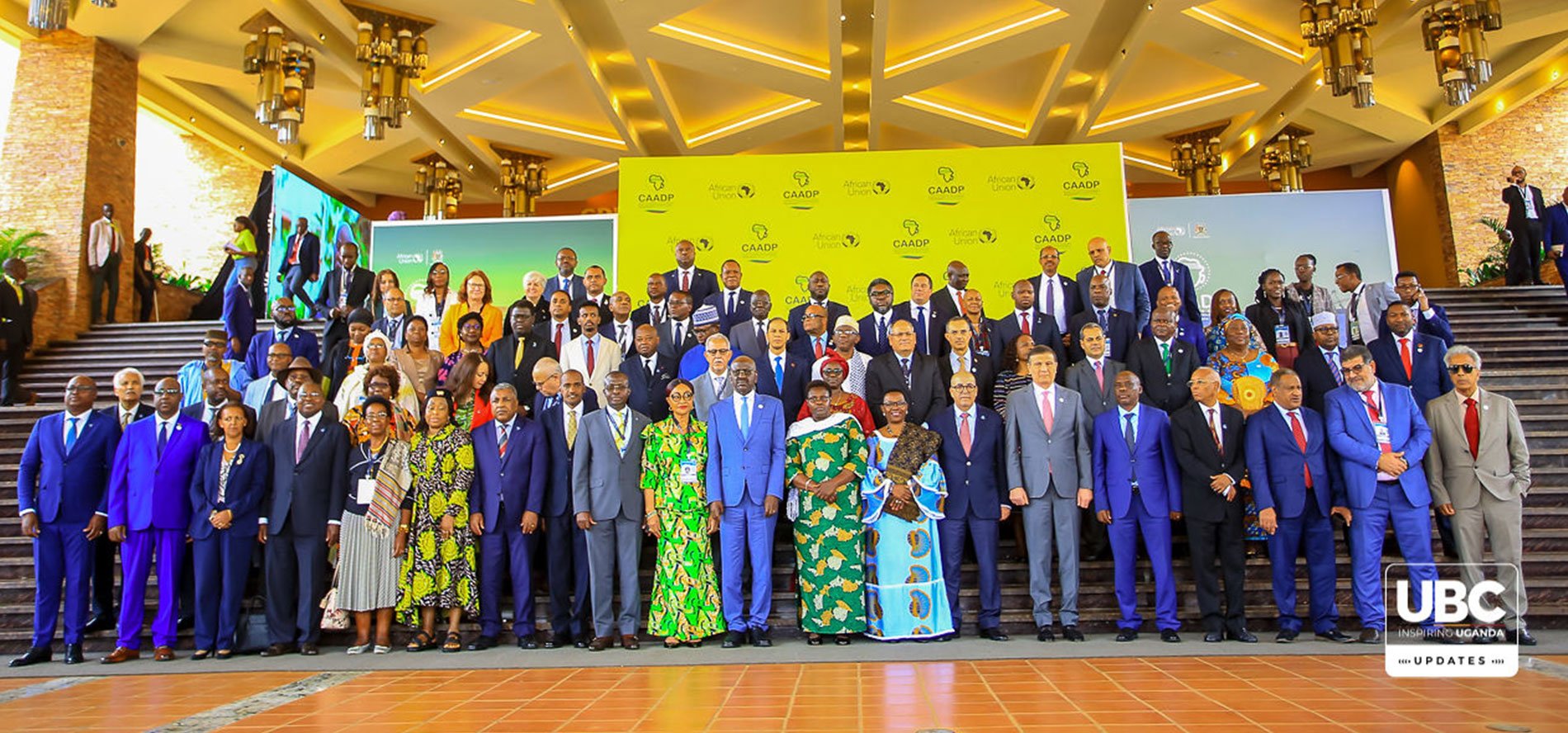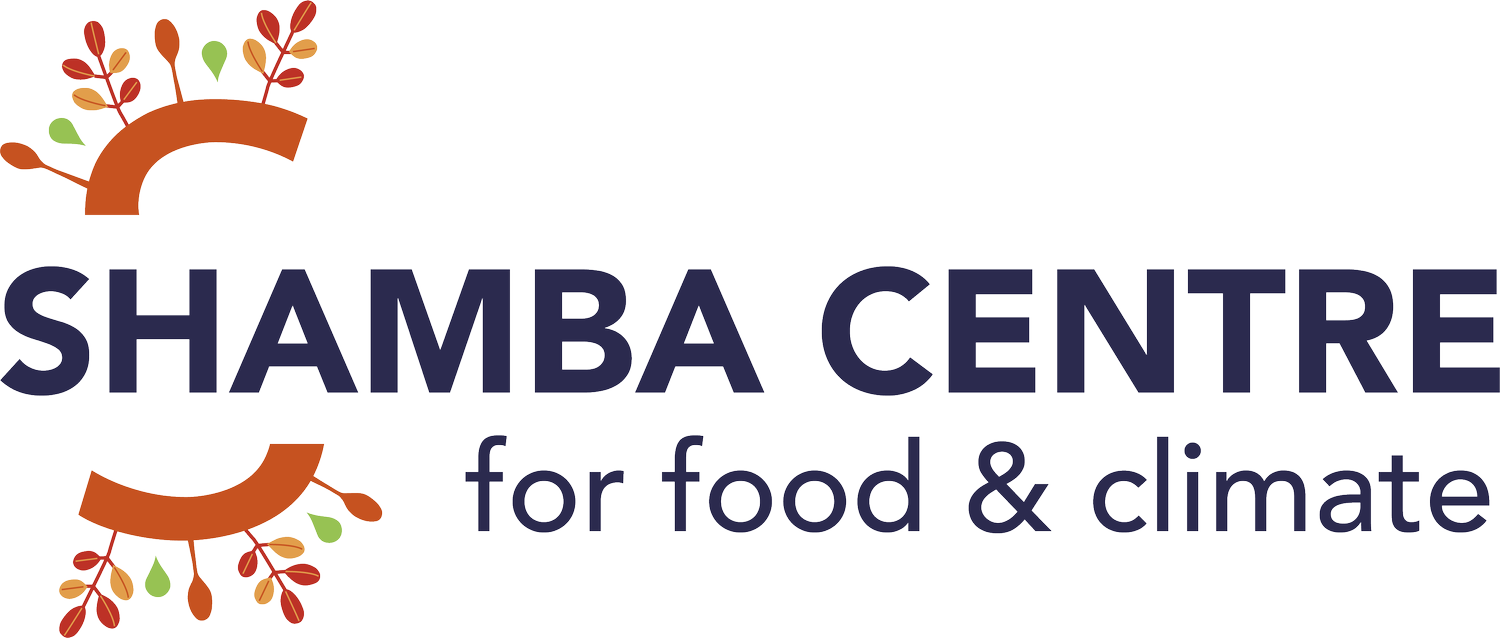
Farmers bear the weight of the Kampala Declaration – but do they have the means for doing so?
16 January 2025 by Francine Picard, Director of Partnerships and Co-Founder of the Shamba Centre
The adoption of the Kampala Declaration by African Heads of States and Government marks an important moment in continent’s journey toward resilient, inclusive, and sustainable agrifood systems. Framed by the African Union’s Agenda 2063, this declaration weaves together ambitions for prosperity, equity, and ecological balance. The Comprehensive Africa Agricultural Development Programme (CAADP) is central to achieving these goals, offering a clear roadmap for action. Yet, while the objectives are clear, the weight of implementation is disproportionately placed on the shoulders of unarmed heroes – the smallholder farmers.
Agriculture is the backbone of the Sub-Saharan African economy, employing over half of its population. Nearly 80% of farmers cultivate on less than two hectares of land and remain trapped in cycles of vulnerability and neglect. Yet these farmers are entrusted with the enormous responsibility of addressing food insecurity, adapting to climate change, and driving economic resilience. They are expected to deliver transformation, while lacking the resources to sustain their livelihoods. This imbalance raises a key question: Are we asking too much from those who have so little and already give so much?
The weight of expectations
Smallholder farmers are heralded as the backbone of Africa’s agrifood systems. However, this backbone is strained. Access to essential resources such as quality seeds, affordable fertilizers, and water management systems remains a persistent challenge. Many farmers are unable to access financing that would let them invest in their operations or adopt sustainable practices.
Volatile market conditions exacerbate these systemic inequities. Farmers often find themselves at the mercy of unpredictable prices and exploitative supply chains that leave them with little room to negotiate. Meanwhile, climate change worsens their plight, with erratic rainfall, rising temperatures, and extreme weather events threatening their crops and livelihoods. These cumulative pressures not only undermine the potential for progress but also deepen existing inequalities.
The Kampala Declaration includes a systems-wide transformation, calling for the integration of farmers into value chains, the promotion of climate-resilient practices, and the implementation of inclusive policies. However, these solutions risk becoming yet another burden unless they are accompanied by meaningful support. Asking farmers to transition to healthier, more sustainable crops or to adopt new technologies without providing adequate resources is akin to sending them to fight in a battle unarmed.
Empowerment requires action
The true promise of the Kampala Declaration lies in its recognition of farmers as central to transformation. But rhetoric alone will not suffice. Empowerment demands deliberate actions that address the structural barriers facing farmers. Governments and stakeholders must prioritize the expansion of land access, affordable credit, and climate-smart inputs. Evidence from countries such as Rwanda, where agricultural extension services have significantly improved productivity, demonstrates the importance of targeted investments.
Capacity building is equally crucial. Farmers need training in sustainable practices such as crop diversification, conservation tillage and efficient water management. Digital tools, which can provide real-time market information and weather forecasts, offer new opportunities to bridge knowledge gaps. Initiatives like Kenya’s M-Farm platform have shown how technology can empower smallholders by connecting them directly to buyers and pricing information.
Market access remains a critical issue. The African Continental Free Trade Area (AfCFTA) offers an opportunity to reduce trade barriers and create regional value chains. However, achieving this potential requires investment in infrastructure, from rural roads to storage facilities, and in promoting collaboration between farmers and agribusinesses.
Mutualizing risks
The risks of agrifood transformation should not fall disproportionately on farmers. As it stands, they are expected to shoulder the uncertainties of transitioning to sustainable practices, the adoption of unproven technologies, and the escalating impacts of climate change—all with minimal safety nets. This imbalance must be addressed through innovative risk-sharing mechanisms.
One promising avenue is de-risking agricultural investments. By providing guarantees and insurance schemes, governments and financial institutions can encourage private-sector engagement in agriculture. Public procurement policies, which create guaranteed markets for local produce, can also provide much-needed stability.
Redirecting subsidies toward sustainable practices offers another path forward. Current agricultural subsidies often reinforce environmentally harmful practices. Instead, these funds could be used to promote organic farming, agroforestry, and other regenerative approaches that deliver long-term benefits for both farmers and ecosystems.
The role of investment and innovation
Transforming Africa’s agrifood systems will require an unprecedented level of investment. The Kampala Declaration emphasizes the need for innovative financing, including blended finance models that combine public and private investments to de-risk projects. According to Convergence, agriculture accounts for 25% of blended finance deals in Africa, demonstrating its potential as a driver of change.
Climate finance is a critical pillar in addressing Africa’s agricultural challenges. Given that agriculture is at the forefront of the continent’s climate vulnerabilities, investments in resilience-building measures—such as crop insurance, water management systems, and agroforestry—are essential. These interventions not only safeguard farmers from climate shocks but also enhance their productivity, improve sustainability, and support long-term food security.
Public-private partnerships can also accelerate progress by bringing resources and expertise directly to farmers. Collaborative projects that improve logistics, expand storage infrastructure, and facilitate access to advanced technologies can unlock new opportunities for smallholders.
Elevating farmers in Africa’s agrifood transformation
Achieving the ambitions of the Kampala Declaration requires collective action. Farmers must be engaged as equal partners in shaping the policies that affect their lives. Organizations like the Pan African Farmers’ Organization (PAFO) play a vital role in amplifying their voices and advocating for equitable solutions.
Yes, the success of the Kampala Declaration hinges on one fundamental truth: farmers are not merely participants in the transformation of Africa’s agrifood systems—they are at its core. By equipping them with the tools, resources, and opportunities that they need, we can unlock their potential to drive food security, economic growth, and sustainability across the continent. The transformative promise of the Kampala Declaration is within reach, but it will only be realized if we invest in the resilience, inclusion, and empowerment of those who sustain us.
Farmers may be heroes, but they should never be expected to carry the weight of the world alone.
